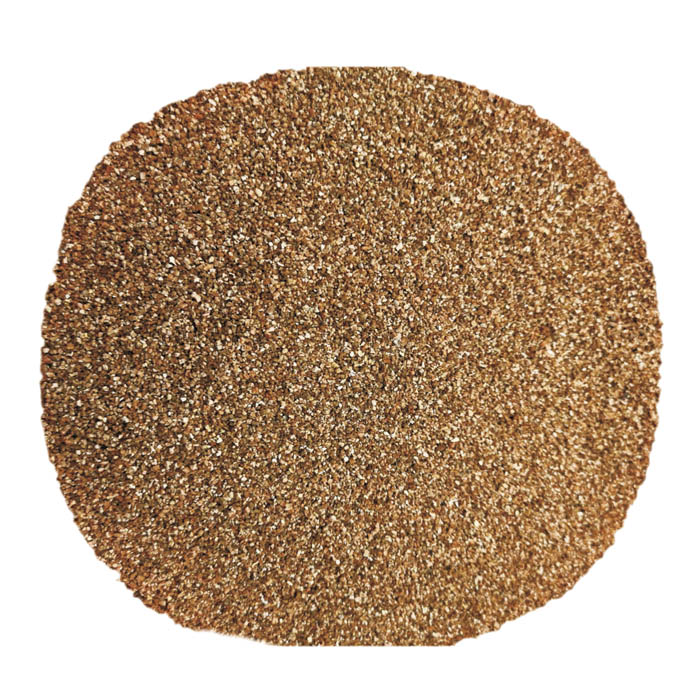Nov . 27, 2024 22:48 Back to list
Finding Suppliers for Effective Water Adsorbent Solutions in Your Area
Understanding Water Adsorbents The Role of Suppliers in Water Management
Water scarcity is an increasing global issue that affects countless communities, industries, and ecosystems. As countries seek sustainable solutions to optimize water usage, one area that has gained significant attention is the development and supply of water adsorbents. These materials are essential in enhancing water management strategies, especially in regions facing severe drought or limited water resources. In this article, we will explore the importance of water adsorbents, their applications, and the vital role suppliers play in this evolving market.
What Are Water Adsorbents?
Water adsorbents are materials capable of attracting and holding water molecules from the environment. Unlike absorbents, which take in water and hold it within their structure, adsorbents work by adhering water particles onto their surface. This unique property allows them to trap moisture from the air or liquids, making them useful in various applications. Common types of water adsorbents include silica gel, zeolites, clays, and certain metal-organic frameworks (MOFs). These materials have varying affinities for water, affecting their applications and effectiveness.
Applications of Water Adsorbents
1. Desiccants in Packaging Water adsorbents are widely used as desiccants to protect sensitive products from moisture. They are crucial in the packaging of pharmaceuticals, electronics, and food items, where excess humidity can spoil the product or degrade its quality. By maintaining optimal moisture levels, these adsorbents help ensure product longevity.
2. Agricultural Use In agriculture, water adsorbents play a critical role in improving water retention in soil. Hydrogel-based water adsorbents can absorb significant amounts of water, releasing it gradually to crops during dry spells. This technology helps enhance crop yields and reduce the need for frequent irrigation, contributing to sustainable farming practices.
3. Water Harvesting Emerging technologies employ water adsorbents to capture atmospheric water vapor, particularly in arid regions. Materials that can efficiently adsorb moisture at night when the air cools can release water vapor during the day, providing a sustainable water source. This innovative solution could revolutionize water supply chains, especially in water-scarce areas.
4. Industrial Applications Various industries utilize water adsorbents in specialized processes. For instance, they can be employed in separation processes to extract valuable compounds from waste streams or to capture water produced during chemical reactions. The versatility of water adsorbents makes them valuable assets in industrial settings.
water adsorbent supplier

The Role of Water Adsorbent Suppliers
As the demand for efficient water management techniques rises, suppliers of water adsorbents become increasingly critical. They ensure that industries and consumers have access to high-quality, effective materials tailored to specific needs. The role of water adsorbent suppliers can be broken down into several key areas
1. Research and Development Suppliers invest in R&D to innovate and improve water adsorbent materials. By developing new composites or enhancing existing products, suppliers can provide more efficient solutions that cater to evolving industry demands and sustainability goals.
2. Quality Assurance Quality control is paramount in ensuring that water adsorbents meet performance standards. Suppliers must adhere to rigorous testing protocols to guarantee the efficiency, safety, and reliability of their products. This assurance is essential for industries that rely on these materials for critical applications.
3. Customized Solutions Different applications require different water adsorbent properties. Suppliers often work closely with clients to develop customized solutions tailored to specific environmental conditions or industrial requirements. This collaborative approach fosters innovation and improves efficiency.
4. Education and Support Suppliers often provide educational resources and technical support to help clients understand how to maximize the use of water adsorbents. By sharing knowledge about optimal conditions and integration strategies, suppliers empower clients to make informed decisions.
Conclusion
As global water challenges intensify, the importance of water adsorbents cannot be overstated. These materials offer innovative solutions for water conservation, management, and efficiency across various sectors. The role of water adsorbent suppliers is crucial in facilitating access to these materials, driving research, ensuring quality, and providing tailored solutions. By fostering collaboration and innovation, suppliers play a vital part in addressing the pressing issue of water scarcity, encouraging sustainable practices for future generations.
-
Environmentally Friendly Granule Covering Agent: Sustainable Solutions
NewsAug.27,2025
-
High Purity Graphitized Petroleum Coke & Low Nitrogen Recarburiser
NewsAug.26,2025
-
Fe-C Composite Pellets for BOF: Enhance Efficiency, Lower Steelmaking Costs
NewsAug.25,2025
-
Durable Building Material for Round Wall Exporters | Custom Shapes
NewsAug.24,2025
-
Tundish Dry Vibrator: Boost Steel Casting Performance
NewsAug.23,2025
-
Thermal Insulation Cups Materials Exporters - Quality & Durable Supplies
NewsAug.22,2025
